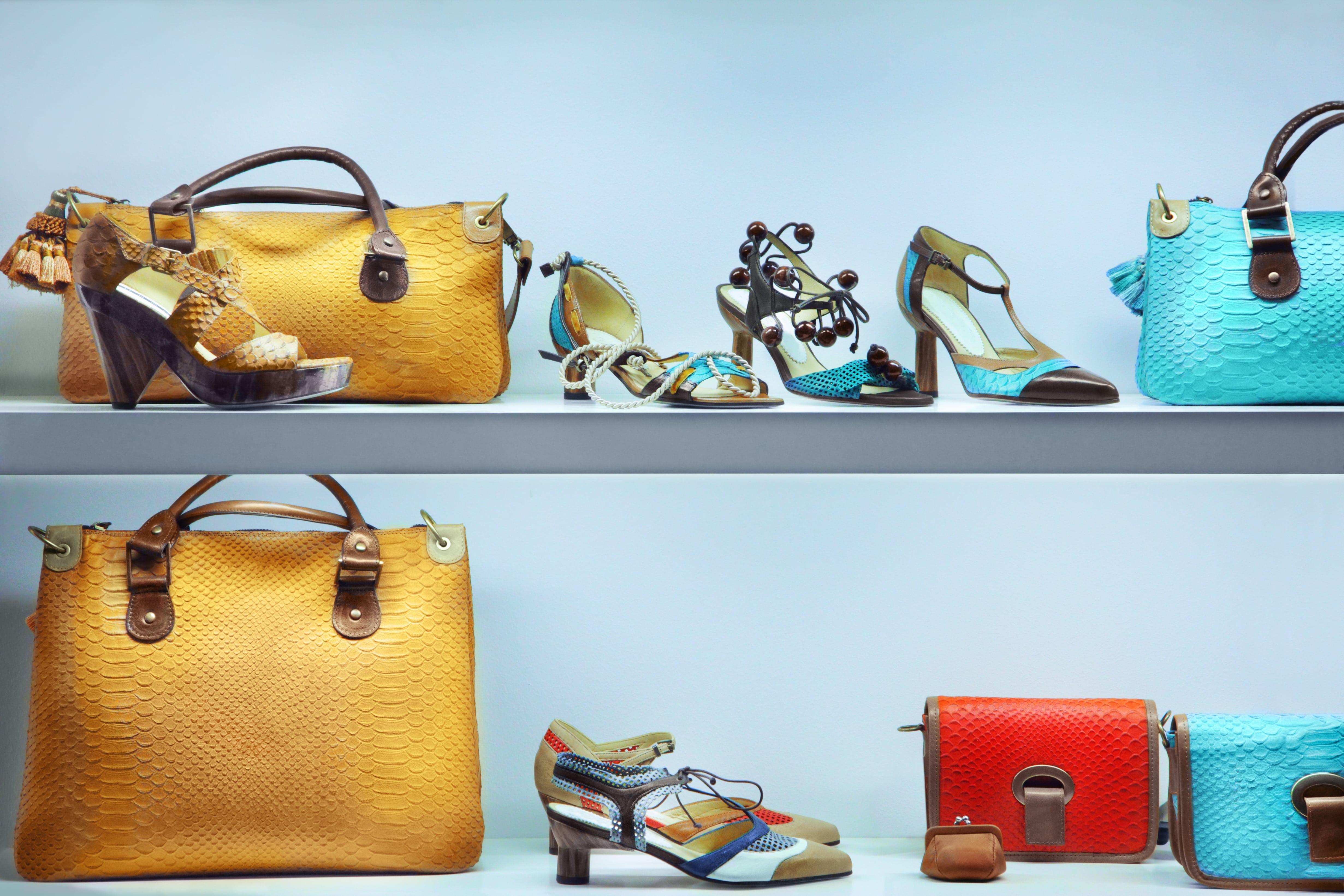
Changing Trends – The History of Luxury
Luxury has had a long history of becoming the focal point of life that it is today. Nowadays wealth planning and having a vision for your future are essential to living your best life today and tomorrow.
Living in luxury and indulging indefinitely may be something we’ve subconsciously learned from our ancestors, but their worlds used to change almost as drastically as ours. The winds of change are constant, and embracing that change can unlock a better quality of life. Let me show you a glimpse into the old world that shaped ours as we know it and the new one that lies ahead of us.
Luxury and Its Origins
As someone who has a degree in archaeology, I thought it would be fun to use some human-origin examples. If we time-travel back to ancient Egypt, it’s clear to see that luxury has been a part of human civilization since its inception. Excavated tombs have shown us that luxuries were reserved for a chosen few even back then. The limited production of precious jewelry, perfumes, and power symbols was exclusively for the gods, Pharaoh, and High Priest.
The Romans started a little more skeptical about luxury and even passed laws limiting people’s spending, with lavishness out of the question entirely. Can you imagine? Slowly, however, as the Roman Empire grew to conquer places known for their luxury, such as Greece, its people changed their perception and became far more indulgent in the process. They got a taste of the luxury life, and they liked it! As a result, Roman society became one of the most refined and self-indulgent people of its time.
It was similar in many other parts of the world too. Even the populous of ancient Greece, despite its cultivated status, frowned upon the consumption of meat. Fish, for example, was an expensive commodity at the time, and those who ate it were shunned in society for being able to afford such an expense. So, if you wanted any friends, it was best to avoid meat entirely.
During the Middle Ages in Britain, having something rare or expensive was considered bad form. At the time, the word was derived from the French ‘luxury’, which meant lust. It was as if devouring the forbidden fruit, yourself. Clothing, in particular, garnered the most undue attention, as rules were introduced to stipulate what each class was permitted to wear.
In the 17th century, the world’s increasing penchant for opulence contributed to accepting a more luxurious life. The Palace of Versailles, for instance, was a picturesque wonder that inspired lavishness among those who visited its halls of affluence.
The Roaring Twenties and 20th Century
Then came the Industrial Revolution in the 19th century, where exotic indulgences could easily be shipped across continents. Luxury goods soon percolated through the classes, and luxuriousness, as we know it today, emerged from the stringency of the 1920s, also known as the Roaring Twenties. At this time, industry was benefiting from technologies such as assembly lines and mass production.
The demand for luxury increased throughout the 20th century, with the sweeping social changes of this era ultimately leading to more social legitimation of luxury.
Emotional Connections Set to Guide the Future of Luxury
The luxury lifestyle we observe today is a climax in the timeline of these events. Perishing is the era belonging solely to possession. Lucia Van Der Post, the former editor of How to Spend It magazine, believes that old luxury is a thing of the past and that people now want to be emotionally touched by their experiences while maintaining strong ideals of sustainability and ethics. According to experts, ten years from now, the market will be fueled almost exclusively by people’s emotional connections.
If luxury started with the physical, drifted to the material, and is now destined for the intangible, pleasure of the senses seems to have always remained at the root of how we understand luxury.
It’s been an interesting transformation of luxury throughout the ages, how we define it, how we weave it into our lives; but the simple fact remains that it is part of how some of us live. Of course, trends will continue to do what they do, but clearly, we put a premium on luxury and will most likely continue to do so, just more emotionally and experientially.
How we manage our money and define what is important to us directly links to embracing a life of luxury that works for us!
Sending positive vibes your way,
Derek Notman



